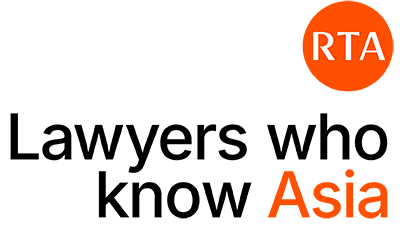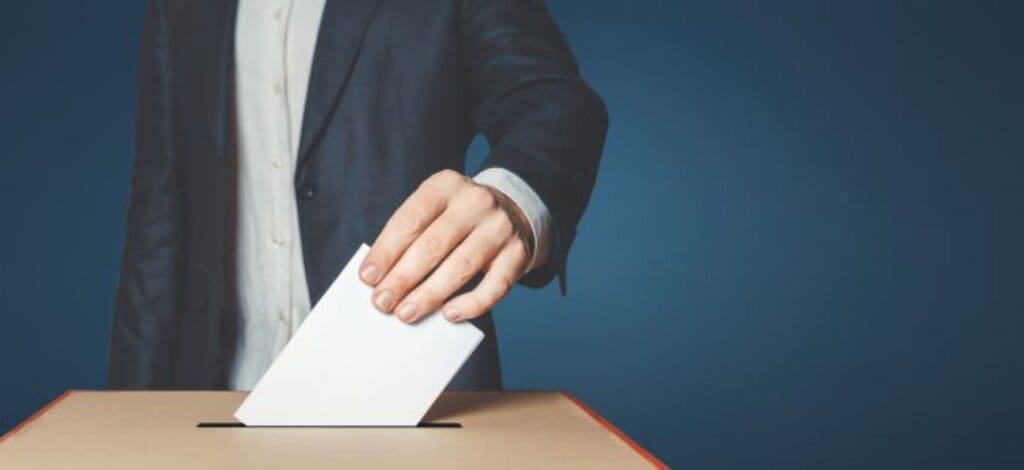Introduction
The Elections (Integrity of Online Advertising) (Amendment) Bill (“Bill“), which was introduced in Parliament on 9 September 2024, was passed on 15 October 2024. The Bill introduces new measures against digitally manipulated content during elections, including artificial intelligence (“AI“)-generated misinformation (aka deepfakes).
The rapid advancement of AI technology has led to the creation of serious misinformation risks, particularly that of malicious deepfakes. Deepfakes are now able to realistically depict the appearance, voice, and actions of individuals in a way that can deceive or mislead viewers. In light of this, the Ministry of Digital Development and Information (“MDDI“) has recognised the need to implement targeted measures under the Online Election Advertising (“OEA“) framework to combat deepfakes that misrepresent candidates during elections. The concern is that such content can threaten the integrity of the electoral process and deny voters the ability to make informed choices.
The Bill will introduce safeguards against digitally manipulated content, including the following:
- Prohibiting the publication of deepfakes on electoral candidates;
- Empowering the Returning Officer (“RO“) to issue corrective directions; and
- Allowing candidates to request the review of deepfake content.
This Update provides a summary of the key features of the measures introduced in the Bill.
Key Features
The Bill will amend the Parliamentary Elections Act 1954 and the Presidential Elections Act 1991 to introduce new safeguards, including the following key measures:
Prohibition of deepfakes – The Bill makes it an offence to publish digitally generated or manipulated OEA that realistically depicts a candidate saying or doing something that he or she did not in fact say or do.
- The prohibition lasts from the issuance of the writ for the election to the close of polling.
- The prohibition covers audio, visual or audiovisual representation of a candidate that is realistic enough such that it is likely that some members of the general public would reasonably believe the representation.
- The representation must be created wholly or partly with content that was generated or manipulated using digital means.
- The offence is punishable with a fine not exceeding S$1,000 or to imprisonment for a term not exceeding 12 months or to both.
Corrective directions – The Bill extends the power of the RO to issue corrective directions to take down offending content, or to disable access by Singapore users to such content during the election period.
- The corrective directions would cover individuals who publish such deepfake content, social media services, and Internet Access Service Providers.
- It is an offence to, without reasonable excuse, fail to comply with a corrective direction. Such offence is punishable with a fine not exceeding S$1,000 or to imprisonment for a term not exceeding 12 months or to both.
- However, for a social media service, the maximum fine will be increased to S$1,000,000.
Review request – Candidates will be allowed to request the RO to review content that may breach the prohibition and issue corrective directions.
- It will be an illegal practice for candidates to knowingly make a false or misleading declaration in such a request, or to make a request knowing that a material particular of the request is false or misleading.
- Commiting an illegal practice is punishable with a fine not exceeding S$2,000 and ineligibility from being registered as an elector or of being elected for three years from conviction.
Concluding Words
MDDI has highlighted the serious harm that deepfakes can pose to online users, even outside of the context of election. As such, the Infocomm Media Development Authority (“IMDA“) will be looking to introduce a new Code of Practice for specified social media services, which will require them to implement measures to prevent and counter the abuse of digitally manipulated content on their service. In order to develop the details of this Code of Practice, IMDA will be engaging social media services in the coming months.
The full Bill is available here.
For further queries, please feel free to contact our team.
Disclaimer
Rajah & Tann Asia is a network of member firms with local legal practices in Cambodia, Indonesia, Lao PDR, Malaysia, Myanmar, the Philippines, Singapore, Thailand and Vietnam. Our Asian network also includes our regional office in China as well as regional desks focused on Brunei, Japan and South Asia. Member firms are independently constituted and regulated in accordance with relevant local requirements.
The contents of this publication are owned by Rajah & Tann Asia together with each of its member firms and are subject to all relevant protection (including but not limited to copyright protection) under the laws of each of the countries where the member firm operates and, through international treaties, other countries. No part of this publication may be reproduced, licensed, sold, published, transmitted, modified, adapted, publicly displayed, broadcast (including storage in any medium by electronic means whether or not transiently for any purpose save as permitted herein) without the prior written permission of Rajah & Tann Asia or its respective member firms.
Please note also that whilst the information in this publication is correct to the best of our knowledge and belief at the time of writing, it is only intended to provide a general guide to the subject matter and should not be treated as legal advice or a substitute for specific professional advice for any particular course of action as such information may not suit your specific business and operational requirements. You should seek legal advice for your specific situation. In addition, the information in this publication does not create any relationship, whether legally binding or otherwise. Rajah & Tann Asia and its member firms do not accept, and fully disclaim, responsibility for any loss or damage which may result from accessing or relying on the information in this publication.


















